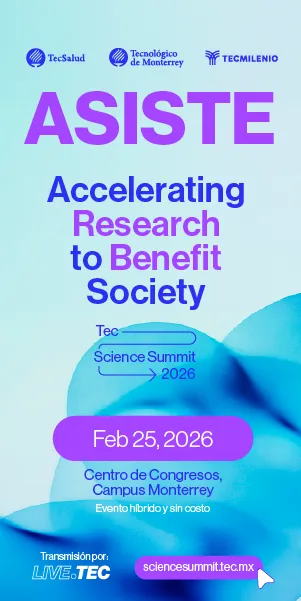It seems like everyone is talking about new anti-obesity medications, like Ozempic. However, a systemic approach is needed for them to really help solve this problem.
In the last three years, two substances have come on the market -semaglutide and tirzepatide– that can help control blood sugar levels and result in weight loss of up to 14% or 20%, respectively.
The substances imitate the action of hormones that help us slow the movement of food through the stomach, appetite and satiety regulation, and reduce cravings for certain foods.
This has positioned them as promising medications that could be one of the best tools we have to reduce the burden of overweight and obesity.
“They are the latest developments on the market in a long line of anti-obesity drugs,” said Veronika Wirtz, a professor and researcher at the Boston University School of Public Health, but “there is no magic pill,” she expressed.
Despite their popularity, according to the researcher, them being the best instrument to attack this issue is a myth and countries must be very careful when incorporating them into their treatment schemes, as they still present many risks.
During her presentation at the International Conference on Obesity Research, Wirtz said that semaglutide -marketed under the name Ozempic or Rybelzus- has common side effects such as nausea, vomiting and diarrhea.
Also, in severe cases, it can cause pancreatitis, acute kidney failure, and thyroid cancer.
As there is still no adequate marketing and distribution scheme, there is the added threat of falsified products that claim to be semaglutide, but are not, and can have serious side effects.
Recently, the United States Food and Drug Administration (FDA) seized thousands of units of one of these counterfeits.
“We need a public health perspective to address obesity in a more systemic way and for these medications to be used safely,” said the expert.

A comprehensive public health perspective is needed
Aside from the risks associated with side effects and falsifications there are many inequities in access to these medications.
The cost of Tirzepatide, for example, amounts to approximately 15,000 dollars per year.
“We need strategies that consider the safety, quality, appropriate use, financing, procurement and governance of these medicines,” Wirtz explained.
Furthermore, a comprehensive vision must be sought, where the emphasis is no longer placed on the individual behavior of people, but rather on their environment.
This is especially important for commercial determinants, which are private sector activities –such as fast food companies– that impact public health.
“Junk food distribution chains are much more sophisticated and extensive than those for fruits and vegetables,” said the researcher.
Therefore, to solve the obesity epidemic, the attention must be focused on political leadership and the strengthening of institutions. This will not only help achieve multidisciplinary solutions but will also create the conditions for these new medicines to really contribute.
TikTok and the use of Ozempic
Regarding the use of these new and promising substances, the researcher emphasized the need to negotiate prices and regulate distribution, as well as the promotion of their use.
“The fact that Ozempic is recommended on TikTok speaks to an absence of promotion regulation,” Wirtz said.
To address the issue of the influence of social networks on individuals’ decision-making and its relationship with these new medicines, a research group from the Institute for Obesity Research (IOR) and Boston University undertook the task of analyzing TikTok videos.
One of their goals was to study the quality of the information provided by these videos about medications to treat obesity, such as Ozempic.
“In preliminary results we found that the videos have a low quality of information, they focus mainly on weight loss and the risks are minimized,” said Abril Campos, research professor at the IOR Public Policy Unit and one of the leaders of the project.
The promotion of these medicines on TikTok takes on great relevance given the number of visits that each of these videos has, which reaches around 70,000.
For now, the results suggest that measures should be taken to prevent social media communication from inciting people to take Ozempic without medical follow-up.
“Since the COVID-19 pandemic we saw how social networks can be a space for the formation of consumer preferences,” Campos said.
For Wirtz, Mexico has the potential to be one of the leaders in combating overweight and obesity, but medications are only one piece of the puzzle.
Were you interested in this story? Do you want to publish it? Contact our content editor to learn more about marianaleonm@tec.mx
















